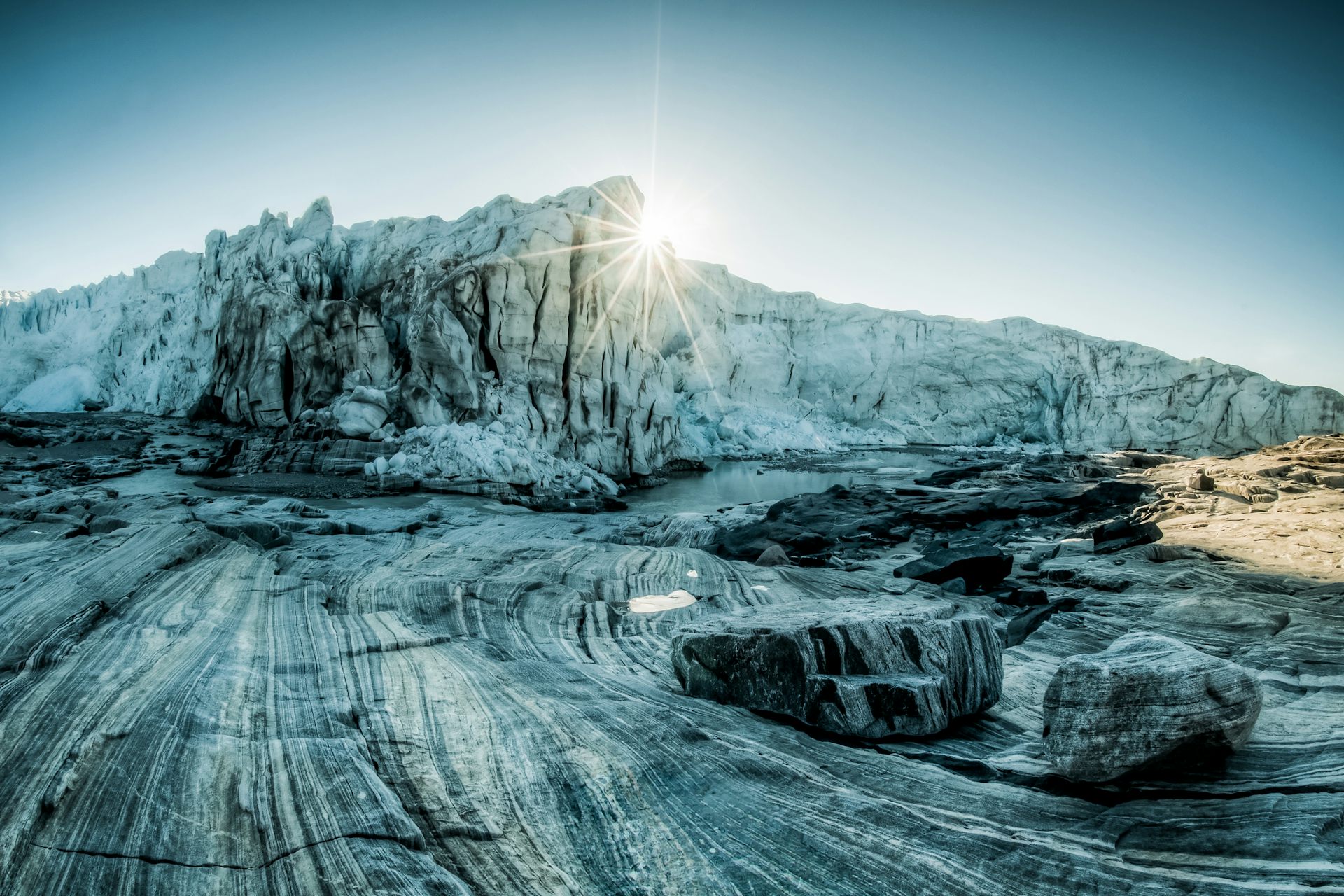
Hundreds of millions of years ago, rocks crushed under kilometres of ice injected vital nutrients into Earth's oceans.
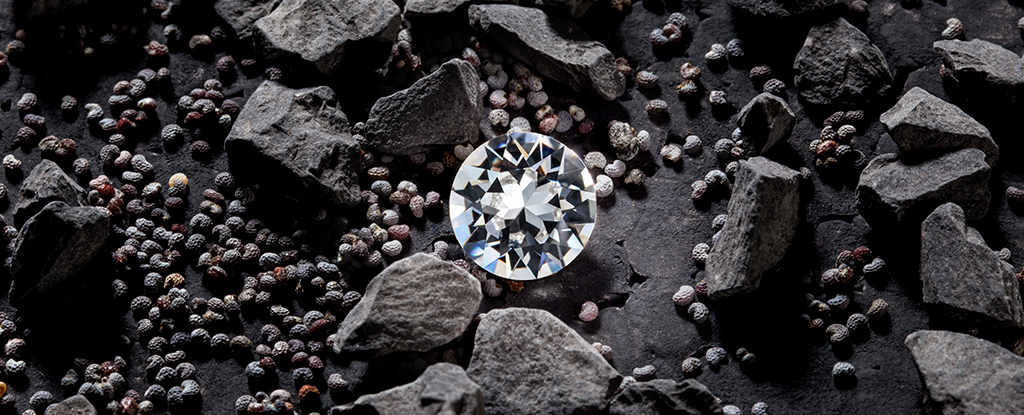
The team put graphite under an intense amount of pressure, before heating it to 1,800 K. The newly produced diamond has a hardness of 155 gigapascals (GPa). Natural diamond, by comparison, tops out at around 110 GPa in hardness.

Atomic nuclei may be more complex than we thought, and may have implications for our understanding of the formation of heavy elements.
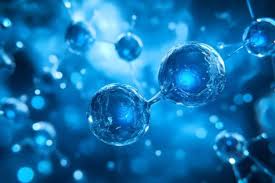
In everyday life, we typically encounter water in one of three familiar states – solid, liquid or gas. But there are in fact many more phases, some of which are so strange they’re referred to as exotic.
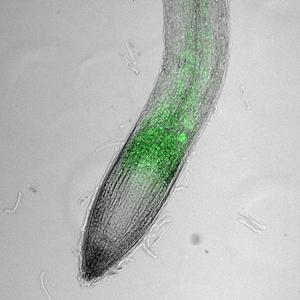
University of Queensland researchers have for the first time introduced genetic material into plants via their roots, opening a potential pathway for rapid crop improvement.
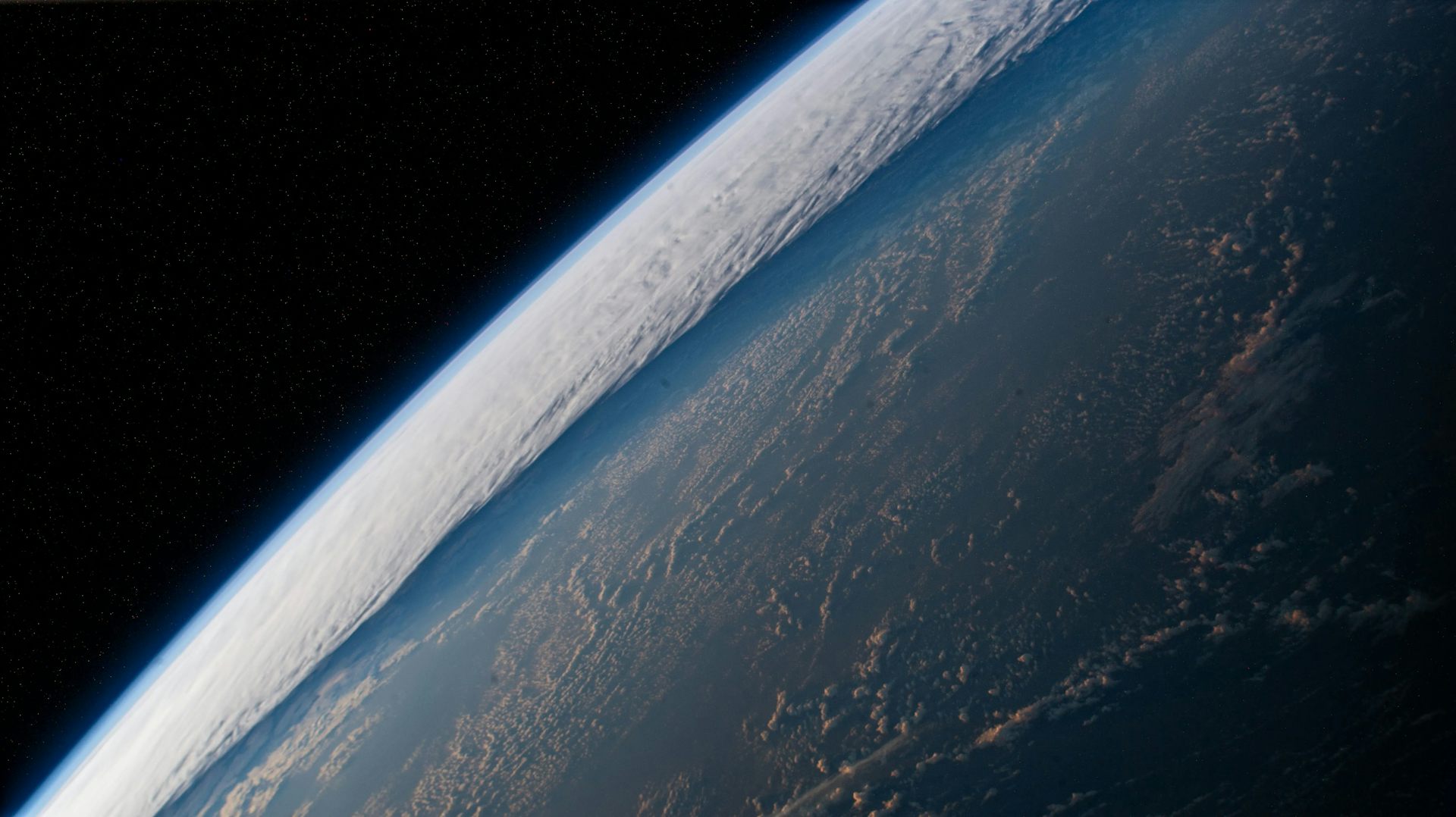
Earth must have experienced something exceptional 10 million years ago. A strange increase in the radioactive isotope beryllium-10 was found in rock samples from the floor of the Pacific Ocean.

The ongoing swarm of earthquakes near Santorini continues to baffle scientists.
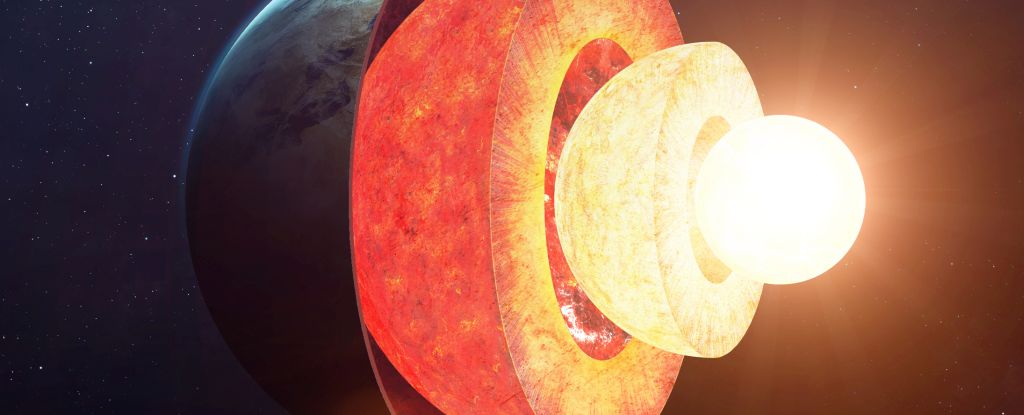
The internal, infernal machinations of our planet may be way more complex than we suspected.
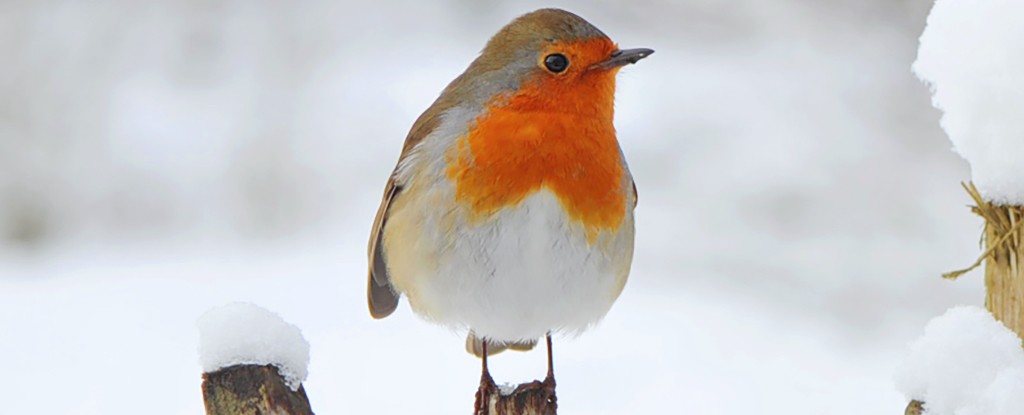
Physicists have now discovered two types of sensors in animals that can detect magnetic fields close to the quantum limit, information that could improve our own design of magnetometer devices.

A new class of magnetism called altermagnetism has been imaged for the first time in a new study. The findings could lead to the development of new magnetic memory devices with the potential to increase operation speeds.

A paradox at the heart of quantum physics has been tested in an extraordinary fashion, pushing the boundaries of human intuition beyond breaking point by measuring a pulse of light in 37 dimensions.
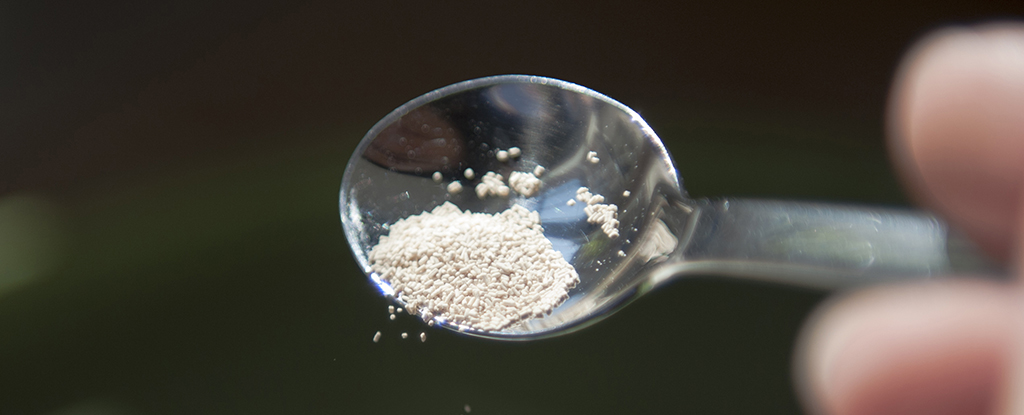
After more than a decade of work, researchers have reached a major milestone in their efforts to re-engineer life in the lab, putting together the final chromosome in a synthetic yeast (Saccharomyces cerevisiae) genome.
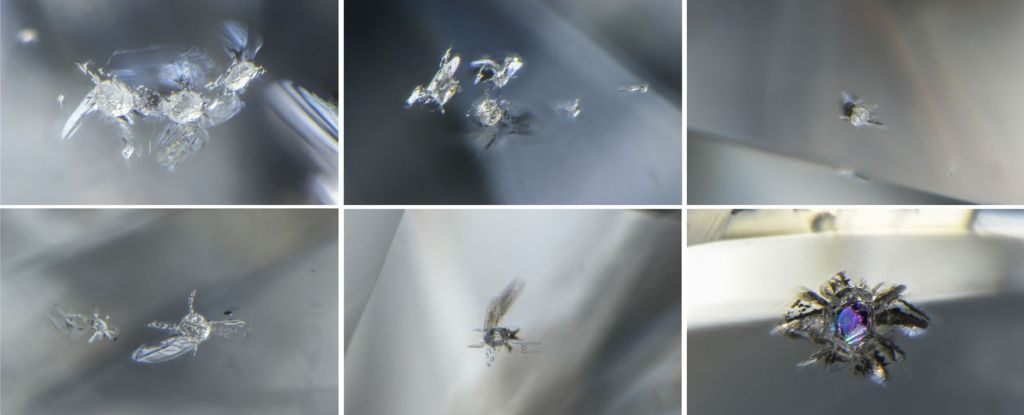
Deep below the surface of our world, far beyond our feeble reach, enigmatic processes grind and roil.
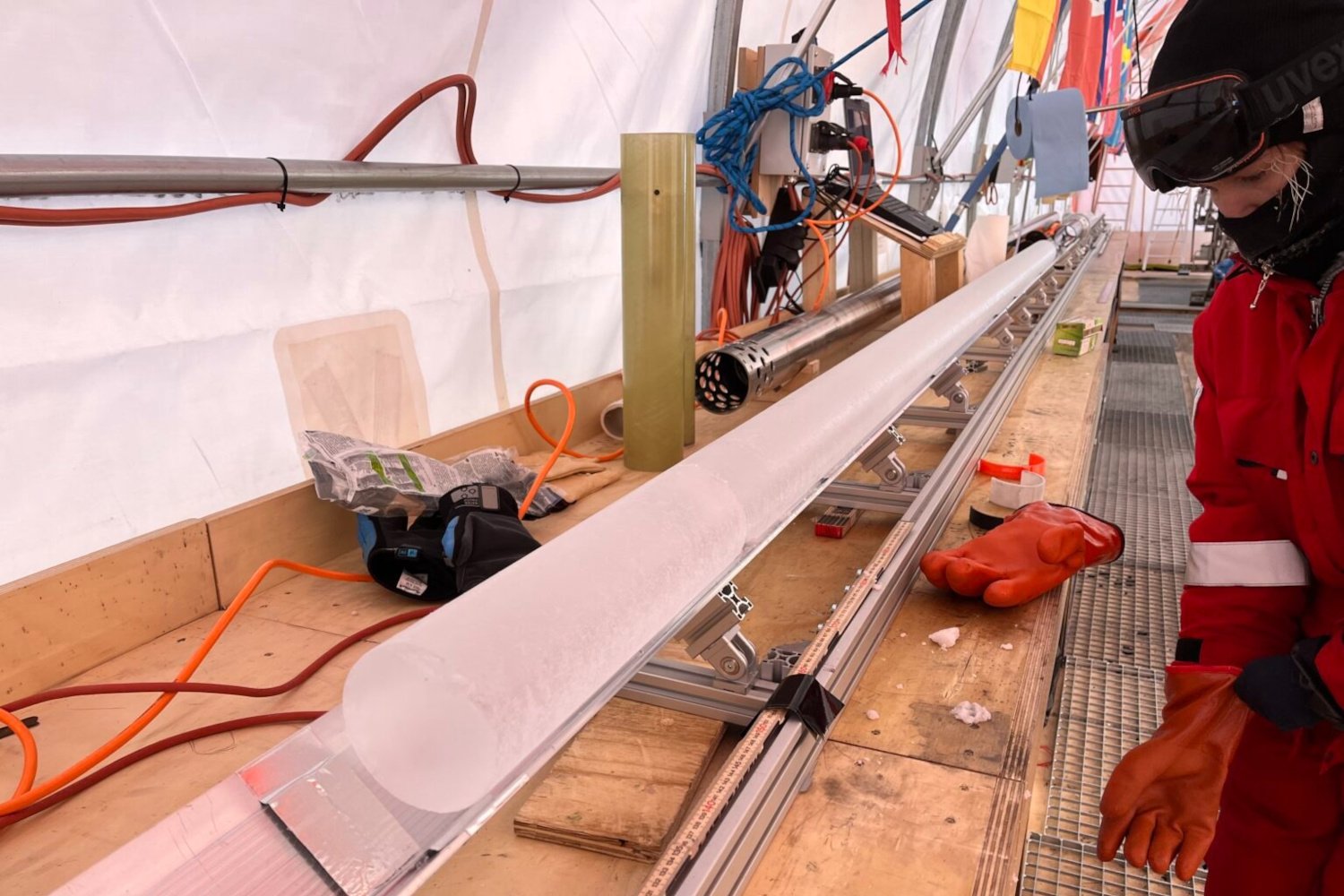
An international team of scientists has extracted a 2.8 kilometers long ice core in Antarctica, hitting the frozen continent’s bedrock. The core represents a chronological register of Earth’s climate and atmosphere
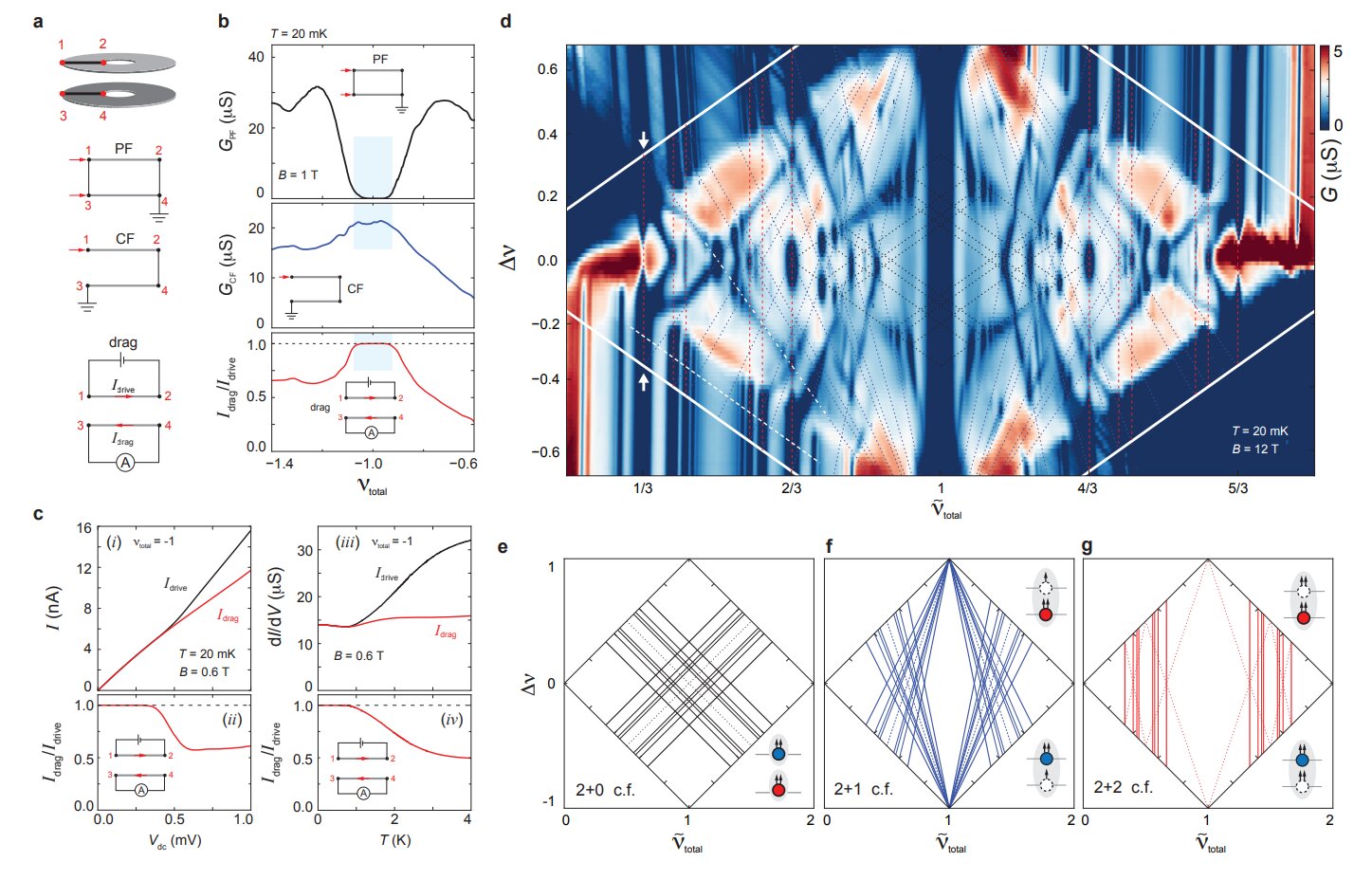
In a new study, physicists at Brown University have now observed a novel class of quantum particles called fractional excitons